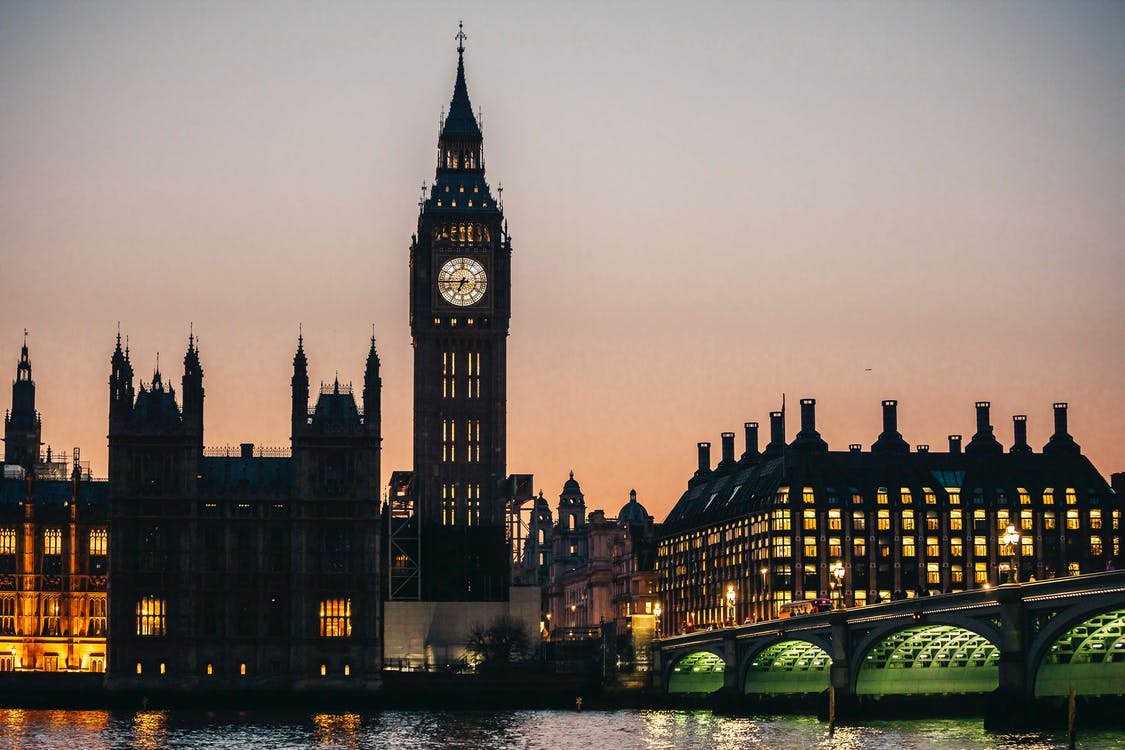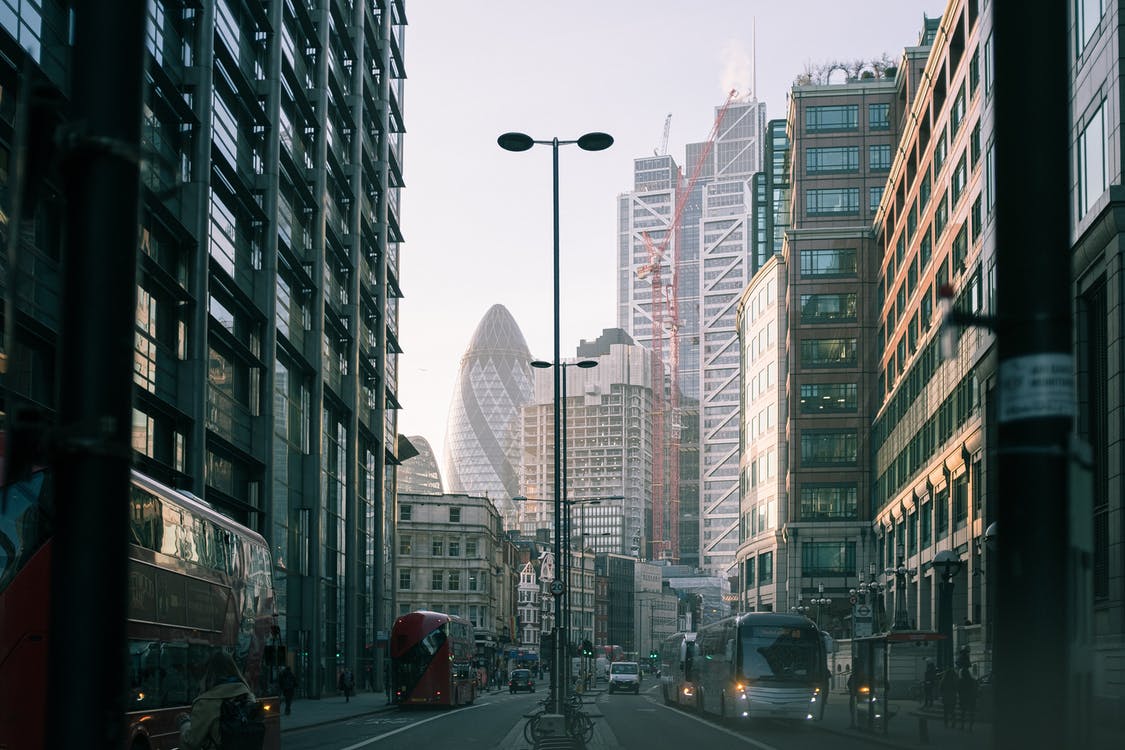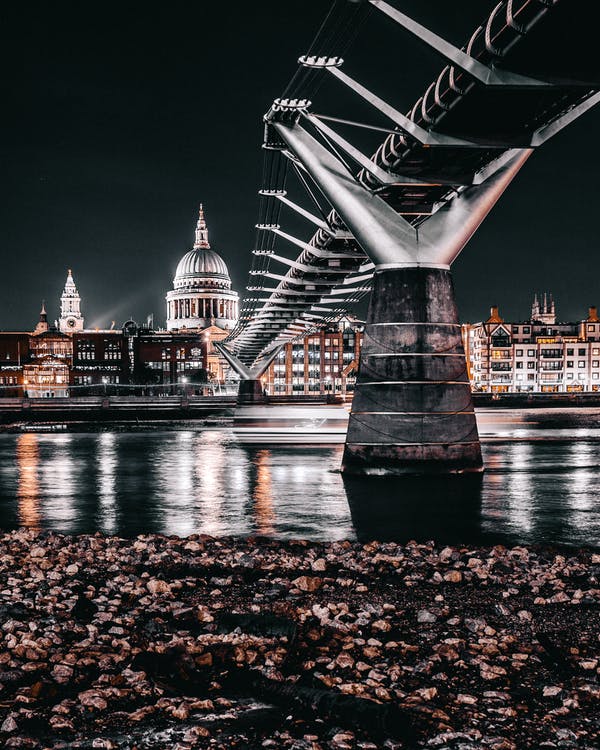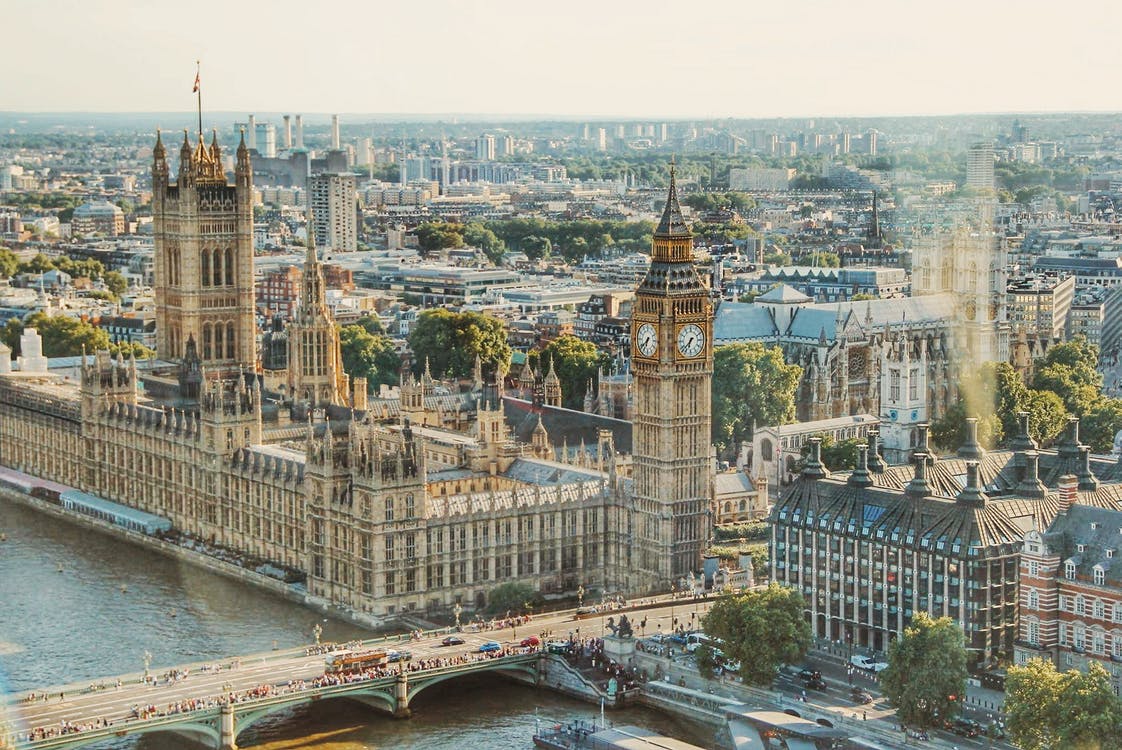Why Is The City Of London Not London?
Table of Contents
London is one of the most popular tourist destinations in the world, and with good reason. The city is home to some of the most iconic landmarks in the world, including Buckingham Palace, Tower Bridge, and Trafalgar Square. But what about the City of London? Many people don’t even know that it exists!

The City of London is a special district within London that was founded back in the 9th century. It’s home to some of the wealthiest people in the world, and it’s also responsible for a large proportion of London’s financial industry. So why isn’t the City of London called London?
The answer has something to do with its history. Back when London was first founded, the City of London was considered to be part of the royal palace. As a result, it didn’t officially become part of London until 1835 – over 150 years after it first appeared on maps!
Why Is The City Of London Not London?
When you think of London, what comes to mind? If you’re like most people, the city’s skyline, famous landmarks, and glamour are likely at the top of your list. But if you’re from the City of London, things might not be so rosy. In fact, the City of London is legally separate from London and has its own mayor, police force, and even currency. So why is it called the City of London? And why isn’t it part of London?
The City of London dates back to Saxon times and was originally a small fishing village on the Thames River. Over time, the city grew and became a major financial center. This is because the City is located near many important financial institutions, such as The Bank of England and The Lloyds Bank. Because of this, the City became very wealthy and powerful. In order to protect its power and wealth, the City decided to create its own legal system separate from that of London. This way, it could control who could enter the city and also keep track of who was spending money there.
Today, the City still exists as a separate entity but it’s now one of London’s most vibrant (and expensive) neighborhoods.
History Of The City Of London

The City of London has a long and complex history that can be traced back to prehistory. The city originated as a small settlement on the banks of the River Thames in the 8th century, and grew rapidly as a trading centre due to its favourable location. By the late Middle Ages, the city had become one of the largest and most prosperous in England, and played an important role in the development of trade and commerce.
The City of London continued to grow in importance during the Elizabethan era, when it became known as “the financial capital of England”. This period saw a dramatic increase in the number of commercial businesses located in the city, as well as an increase in the number of wealthy merchants and financiers. The city’s importance continued to grow during the 18th century, when it became home to a number of major banks and publishing companies.
The City of London’s fortunes declined during the 19th century, largely due to its declining role as a financial center. However, this period also saw a revival in the city’s commercial and industrial activities. Today, the City of London is still one of England’s most important economic hubs, and remains one of the world’s leading centers for finance, commerce, and law.
The City Of London Corporation
The City of London Corporation is a local authority in the London Borough of Camden in Greater London, England. It also has corporate functions and responsibilities, including being the central body responsible for the administration of London’s financial district. The City of London is one of the six principal historic boroughs of London, and is sometimes referred to as the “Square Mile”.
How The City Of London Works

The City of London is not London. It is a walled city located just outside the city of London. The City of London was originally founded in the 10th century as a marketplace for goods and services. It is currently the financial center of the world and home to many of the world’s largest banks.
Conclusion
This concludes my article on why the City Of London is not, in fact, London. I hope you have found this informative and that you will share it with your friends and family to help spread the word about this important issue. Thank you for reading!




